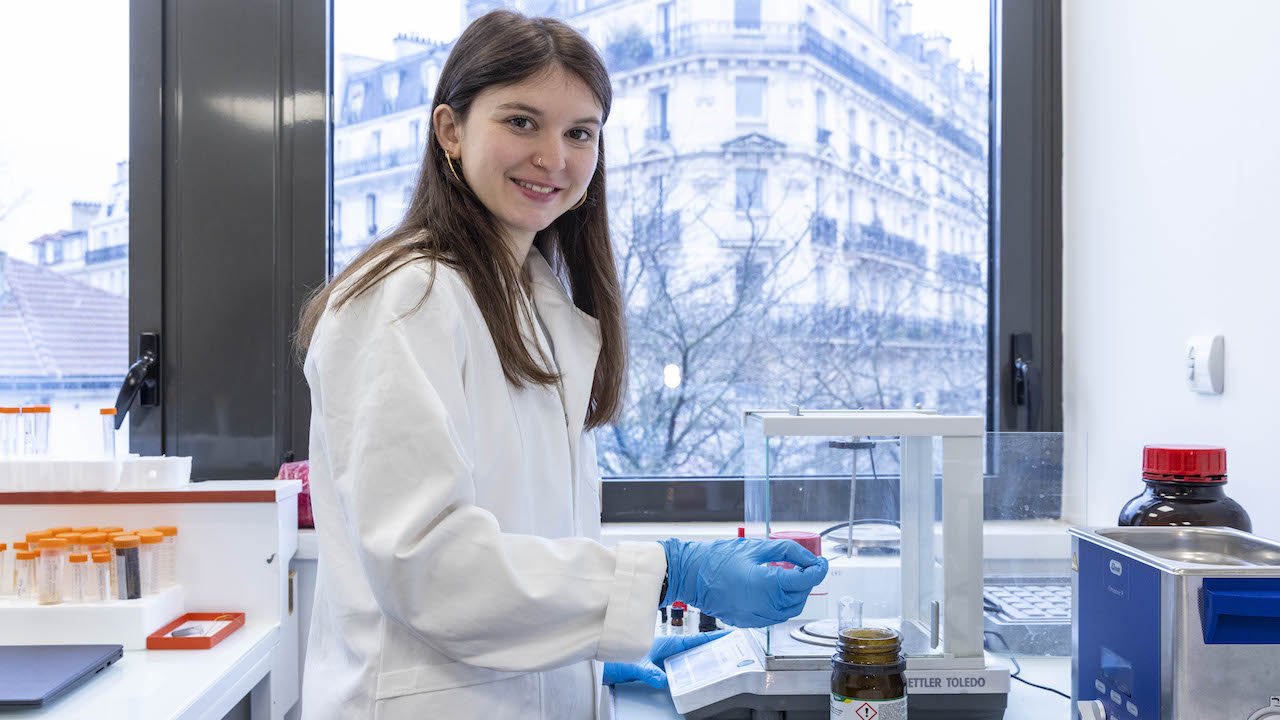Paris based medtech startup Metyos has raised €2.3 million in pre-seed funding to develop biosensors for the 800 million people affected by chronic kidney disease (CKD).
Metyos’ biosensors take the form of a small patch that sticks to the skin and transmits information to the patient's smartphone through Bluetooth, which allows doctors to monitor a patient’s kidney function — from tracking the impact of diet and medication to spotting warning signs of renal failure and hyperkalemia. The funding will be used to further develop their wearable technology including progressing it through clinical trials ahead of FDA clearance.
CKD is a disease that affects 10% of the population and is the third fastest-growing cause of death worldwide, with more money spent on treating the disease every year than on diabetes or cancer due to the fact that the majority of patients don’t discover it until they reach later stages. Metyos’ software facilitates symptom reporting and management with a view to slowing its progression.
Giving hospitals and doctors the ability to monitor patients who have low risk of the disease progression enables clinicians to focus their attention on those at later stages in the disease as well as allowing patients more autonomy over their care. Founders CEO Alexandre Boulanger and CTO Olga Chashchina are both serial medtech entrepreneurs who previously scaled Wandercraft, an artificial exoskeleton that gives more mobility to customers with gait impairments. Like much of European tech, the sector saw a downturn in investment over the course of 2023, particularly foe earlier-stage startups.
The round was led by investors including Cenitz, Bpifrance and KIMA Ventures alongside doctors, health insurance angels and business leaders from Implicity, Deepmind and Nabla.
Frederic Picq at Cenitz said: “We see significant opportunity in Metyos not just because of its groundbreaking approach to CKD management, but because it represents the future of healthcare – a future where technology and the human experience come together to offer better, proactive care for all.”



Would you like to write the first comment?
Login to post comments